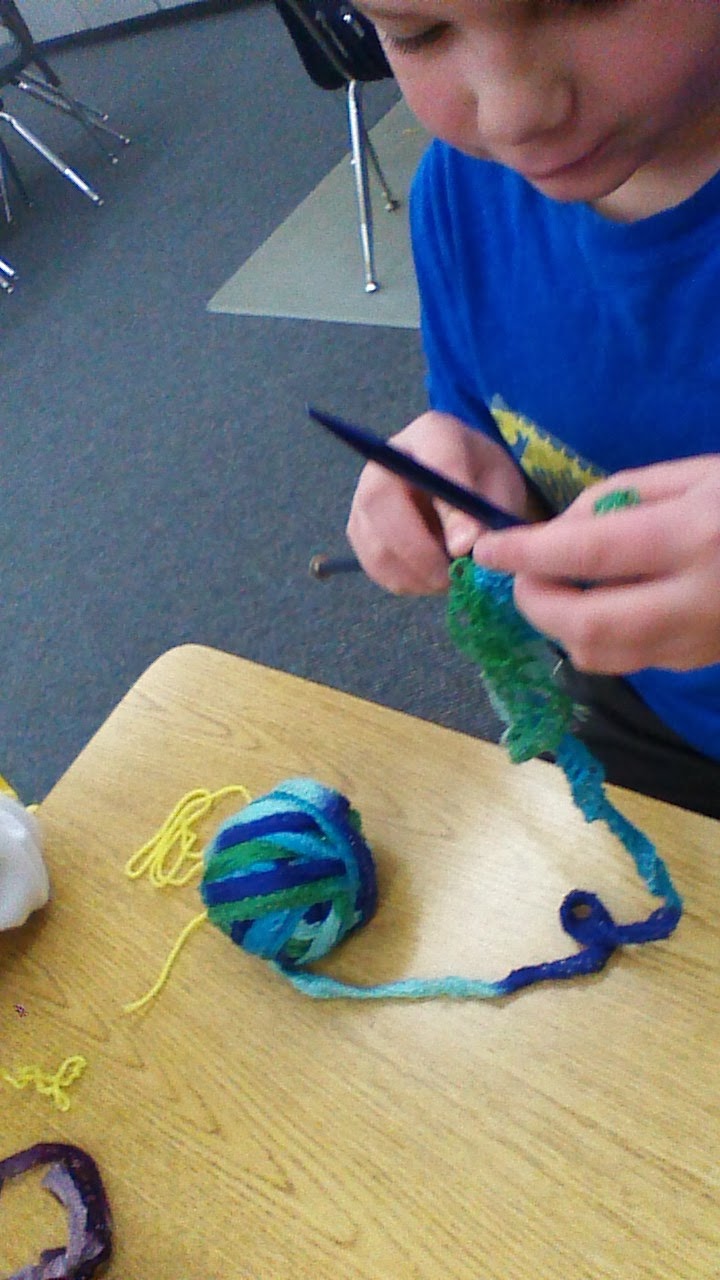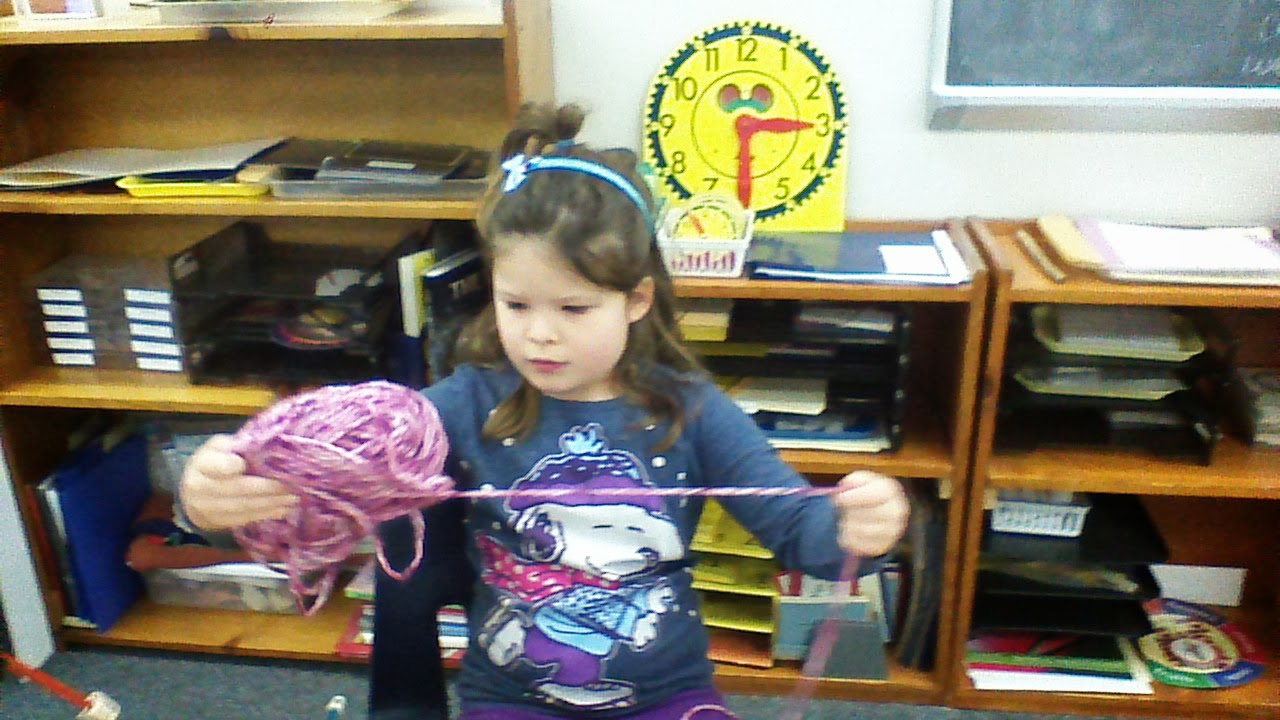Tuesday, May 20, 2014
How Does Your Garden Grow
Thursday, May 1, 2014
Book Fair Fiesta
Book fairs are highly anticipated events at TMA. Soon after school resumes in August, students start to ask, “When is the next book fair?” Our first book fair of each year is the December Book Fair Blizzard.
 |
| The wintery décor of a Book Fair Blizzard. |
 |
Our second book fair of each year is in May; it has a warm-weather theme.
|
 |
| Students enjoying Book Fair Carnival, one of our previous May book fairs. |
Our May 2014 theme is Book Fair Fiesta.
Preparations are under way and Fiesta decorations and supplies are taking over the Library!
Our Book Fair Fiesta will be open
Monday, May 5, through Saturday, May 10, 2014.
Please join us for this celebration of reading!
Monday, March 24, 2014
Spectrum of Light
Excitement
abounds with the study of the spectrum of light in upper elementary. Besides
enjoying many experimental activities, once the camera was introduced, the
lights went off and the children couldn't wait to see what they could capture
on film.
Monday, March 10, 2014
Grow-A-Frog
Our class has had 2 special kind of frog (Grow-A-Frog). These particular
frogs are from South America, but we ordered them from Florida. The students
have been comparing these frogs with basic frogs and noting their differences
and similarities.
The students were very surprised to find that these frogs always live in water, even as adults!
The students were very surprised to find that these frogs always live in water, even as adults!
After being together for four years, our frogs spawned eggs. It
was an exciting experience that we were able to observe through out the day.
Currently, we have little eggs in our tank.
What an awesome hands on learning opportunity this will be for
our class. Friday, we observed the birth and learned about the life cycle
of a frog. We also created a time line to allow us to track the
metamorphic changes we observe.
If the eggs survive, our plan is each student will his/her own
frog to study, observe, feed, and take care of in class. Every day the students
will make certain the habitat of their tadpole is intact. The children will be
recording their daily observations and observing their tadpoles' behavior.
The children will experience first hand the process of
metamorphosis. We will observe the eggs turn in to tadpoles, then
tadpoles with legs and arms. Eventually, the students will transfer their
tadpoles to "new environments" in order to accommodate their growth.
After the tadpoles change to frogs, the students will be allowed to adopt their
animals as pets (with parental permission, of course)! The students will be
required to demonstrate their knowledge of these rather fragile pets and how to
care for them before they become adoptive parents. Some of the activities we
will be doing include: mapping, writing poetry, observing, measuring, and
planning.
Stay tuned for more exciting frog news!
Submitted by: Jenn Darmogray
Submitted by: Jenn Darmogray
Friday, February 7, 2014
Each school year the lower elementary classrooms study how people
record time, long ago and today. We do many activities to give the children a
sense of when time passes and they discover that we all record time in some
way. We keep diaries, check calendars, mark days off, etc
One of our activities is to make timelines of their
family members. The children discover the older family members have longer
timelines and the youngest members have very short ones.
Stop by Room 107 and see our Family Timelines.
Tuesday, January 21, 2014
It is “knitting season” in Room 106!
Just
before winter break the balls of colorful yarn, knitting needles, potholder
looms and loops once again became a part of classroom life. The older students
had been requesting that we start knitting, an activity that they have enjoyed
for the past two years.
Some of the
students do finger knitting which allows them to create long strands of
knitting while other students knit with needles. Students who are waiting their
turn to be helped to learn to knit may choose use the potholder looms. Knitting and
making potholders are great practical life works for the lower elementary
classroom. In addition to learning how
to do useful new crafts, students use concentration and further refine their small
motor skills while creating original pieces that are often destined to become
gifts for parents or siblings. The more experienced knitters are happy to help
beginning knitters. Older students help
younger students take their potholders off of the looms. Those students who know
how to do finger knitting offer to teach this to others. Co-operation and community are evident
throughout the classroom as our students become immersed in these works.
Subscribe to:
Posts (Atom)





































